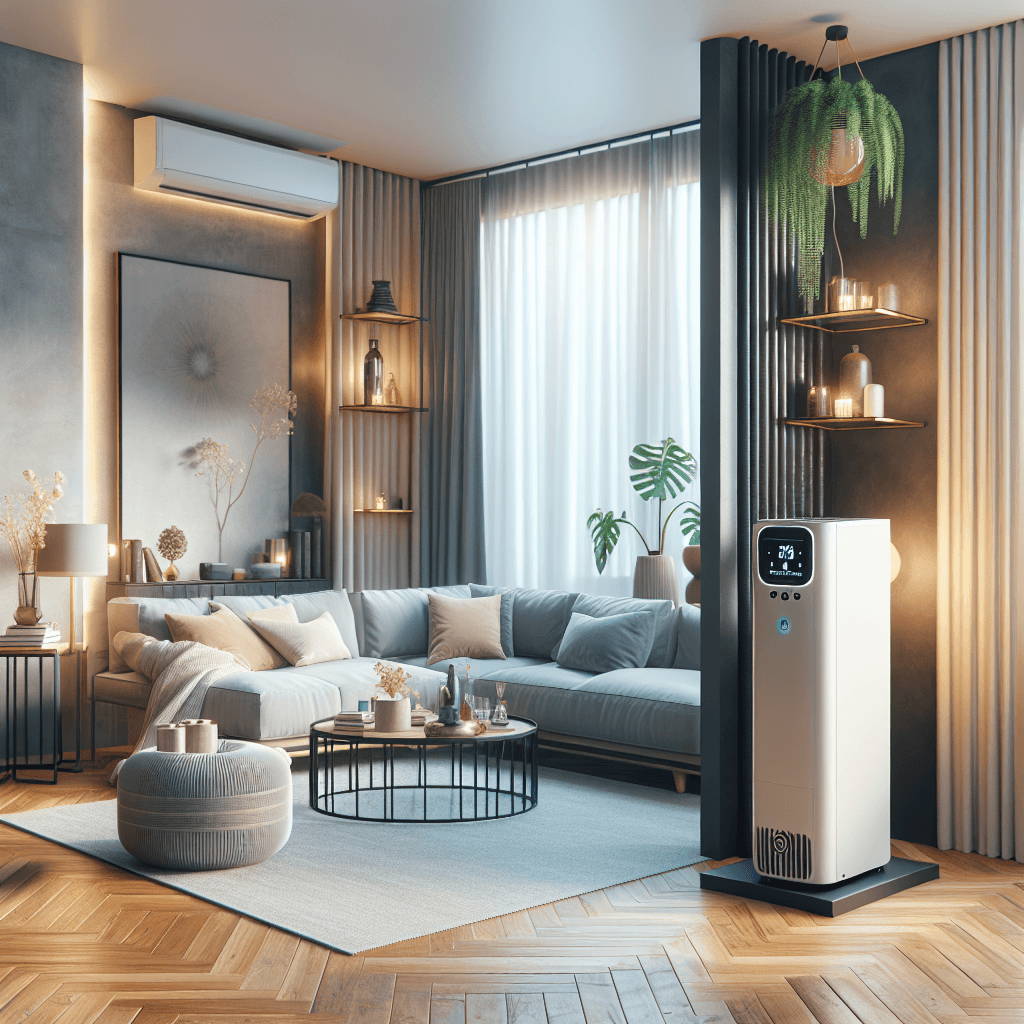- Published on
Gas Boilers vs. Heat Pumps in 2023... Who comes out on top?

In the quest to create a cozy and welcoming home, choosing the right heating system is possibly one of the most critical decisions for a homeowner. As we become increasingly aware of our carbon footprint and its impact on the environment, the choice between traditional gas boilers and modern heat pumps is something that deserves thoughtful consideration. So let's dive into the details of this head-to-head comparison to find out who really comes out on top in 2023.
The Comfort of Warmth: Understanding the Contenders
Gas boilers and heat pumps are fundamentally different in their operation. A gas boiler burns natural gas to produce heat, which then warms water in a central heating system, while heat pumps transfer heat from outside air (or ground) into your home using a refrigeration cycle — much like a reverse air conditioner.
Heating Efficiencies: Cutting Through the Technical Jargon
Technical specificity is key here: The efficiency of these systems are measured differently. For gas boilers, we look at the Annual Fuel Utilization Efficiency (AFUE), which tells us how much of the energy input is converted to heat. On the other hand, heat pumps are evaluated by their Coefficient of Performance (CoP), which measures the amount of heat they can move compared to the amount of electricity they use.
A Sip and a Gulp: The Efficiency Analogy
Imagine your heating system as a person and the fuel it uses—whether gas for the boiler or electricity for the heat pump—as a beverage.
A less efficient system (with a lower AFUE or CoP) is like a person sipping a drink but only getting a few droplets with each mouthful. You waste the drink and don’t really quench your thirst. A more efficient system is like taking a big, satisfying gulp and getting most of the liquid with it — very little gets wasted, and you're more satisfied.
With gas boilers having AFUE ratings typically between 60-95%, and heat pumps having CoPs ranging between 3-5, essentially, for every unit of energy consumed, heat pumps could potentially provide more heat output than gas boilers, depending on the specific model and environmental conditions.
Digging Deeper into CoPs and AFUEs
Gradually getting more technical, we must note that the AFUE does not consider the potential heat losses through the piping and duct system, which can sometimes be significant, especially if they pass through unheated spaces. Additionally, for heat pumps, the CoP decreases as the temperature difference between outside air and the desired indoor temperature increases—meaning they are less efficient in extremely cold climates without supplemental heat sources.
Nature's Refrigerator: The Heat Pump Cycle Explained
Now, let's expand on the heat pump operation with an in-depth kitchen analogy.
Your Home as a Gourmet Kitchen: The Heat Transfer Analogy
Imagine your house is like a gourmet kitchen, and you're preparing to host a grand feast. Your heat pump is like a renowned chef (let’s call him Chef Energy), and the outdoor air is his pantry. Chef Energy's skill lies in taking the raw cold ingredients from his pantry (the cold outdoor air) and transforming them using his culinary prowess (the refrigeration cycle) into a delicious warm meal (heat for your home).
The trick is that even when it seems like there's not much to work with, Chef Energy can whip up enough warmth to keep the whole household delighted. It's a matter of skill (efficiency) over brute force (burning gas).
Understanding the Refrigeration Cycle
The heat pump works through a cyclical process involving a refrigerant (the 'dish' Chef Energy is preparing). It absorbs heat in an evaporator, compresses it to raise its temperature, rejects the heat inside the house through a condenser, and finally, the refrigerant is expanded to repeat the process.
The Depth of Thermodynamics
To truly appreciate the magic, consider the laws of thermodynamics, where energy is transferred rather than created. The heat pump operates at a higher thermodynamic efficiency compared to a gas boiler because it moves existing heat rather than generating heat from scratch, thereby using less input energy (electricity) for the amount of heat output.
The Homeowner's Decision: Comfort and Impact
Armed with knowledge about efficiencies and operations, it's time to reflect on what this means for you and your home.
Sustainability and Impact: The Scale of Consideration
Perhaps the ultimate deciding factor in 2023 will be sustainability. Gas boilers, while familiar and potent, rely on fossil fuels which contribute to carbon emissions. Heat pumps, conversely, can be powered by renewable electricity and significantly reduce the household carbon footprint.
The Green Blueprint: Recommendations for a Sustainable Home
To optimize your home for warmth and eco-friendliness, here are some actions you could take:
- Assess your climate: If you live in a moderately cold area, heat pumps might be more efficient. In harsh cold climates, consider a hybrid system combining a gas boiler for the coldest days.
- Insulate your home: Upgrading insulation reduces the workload on any heating system.
- Choose Renewable: If possible, opt for renewable energy sources to power your heat pump.
- Think long-term: A higher initial investment in a heat pump could lead to long-term savings and benefit the environment.
Final Verdict: Who Wins in 2023?
In the balance of efficiency, sustainability, and practicality, heat pumps may hold the crown for most households seeking to better their living environment in 2023. However, it's crucial to weigh individual circumstances—since the perfect solution varies from one home to another.
Do you feel prepared to make an informed choice now? I hope this exploration has given you the clarity to invest in a home heating solution that aligns with your values and meets your need for a tranquil and warm living space.
Remember, the warmth of a home is not just about the temperature, but also about how it resonates with your personal commitment to the world outside your doors.